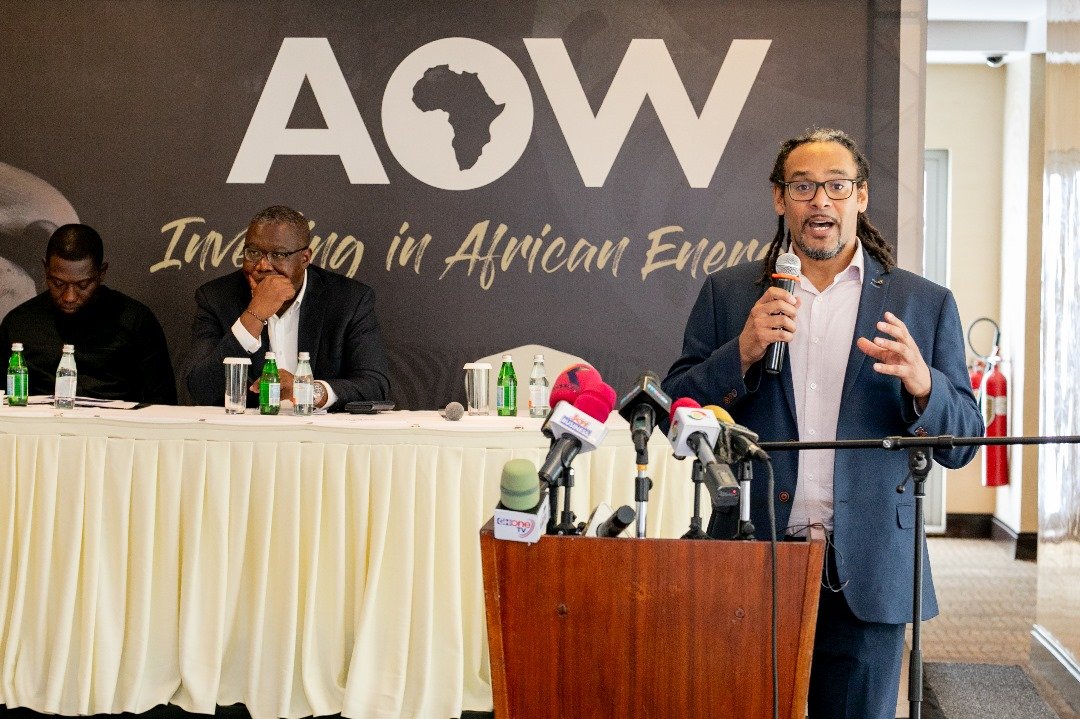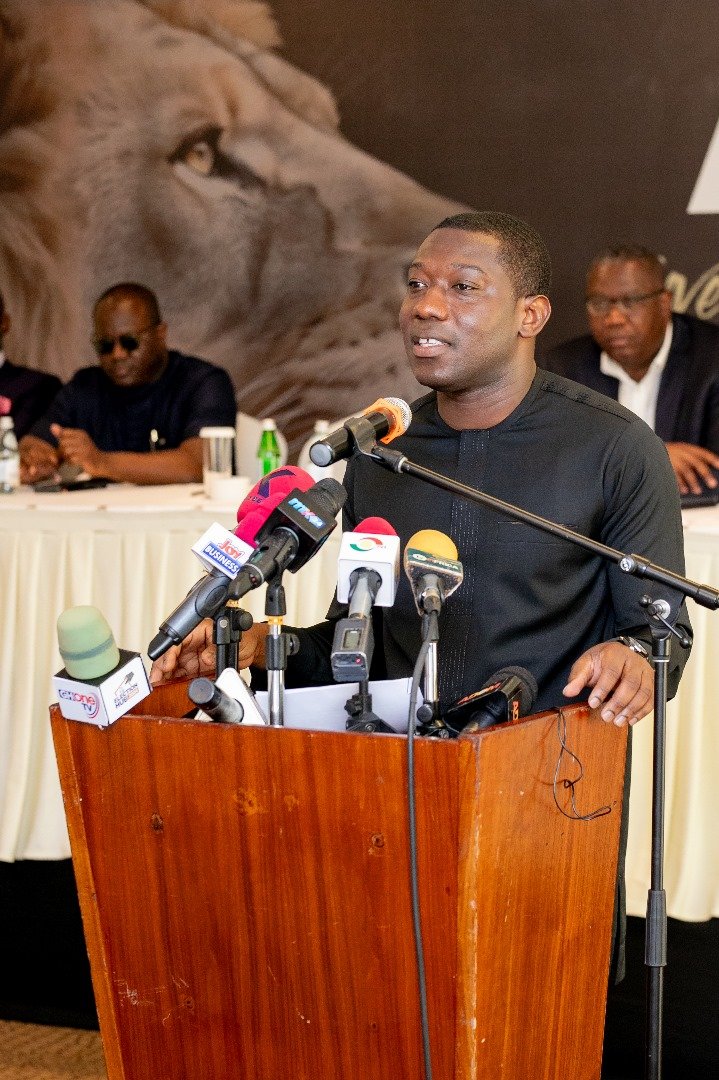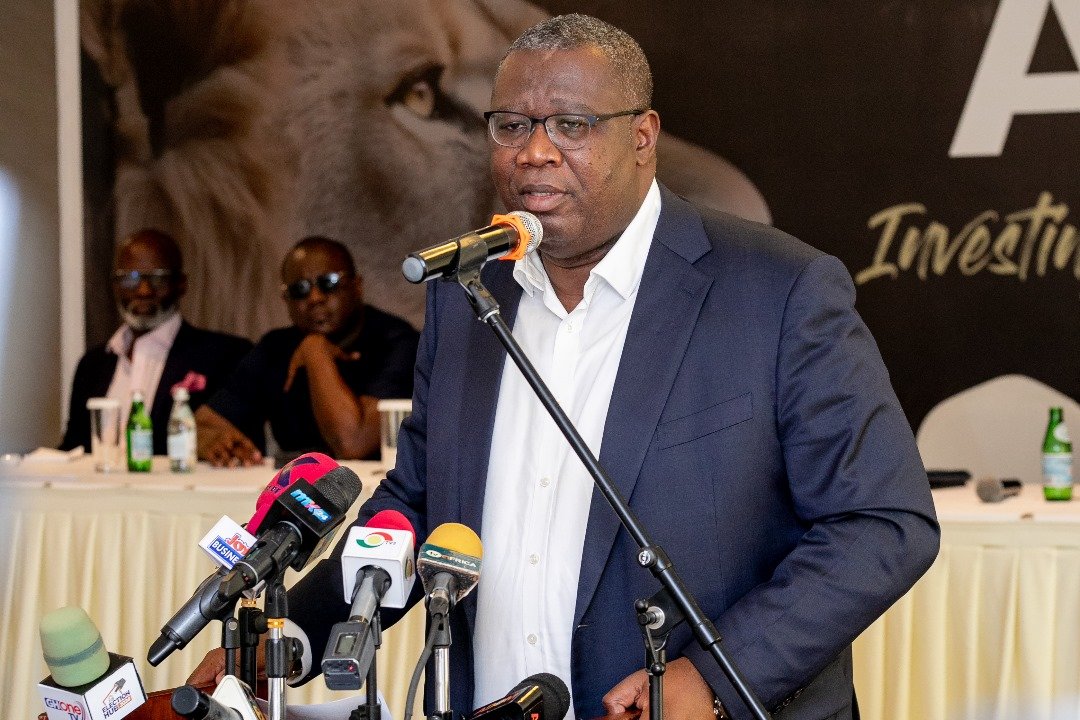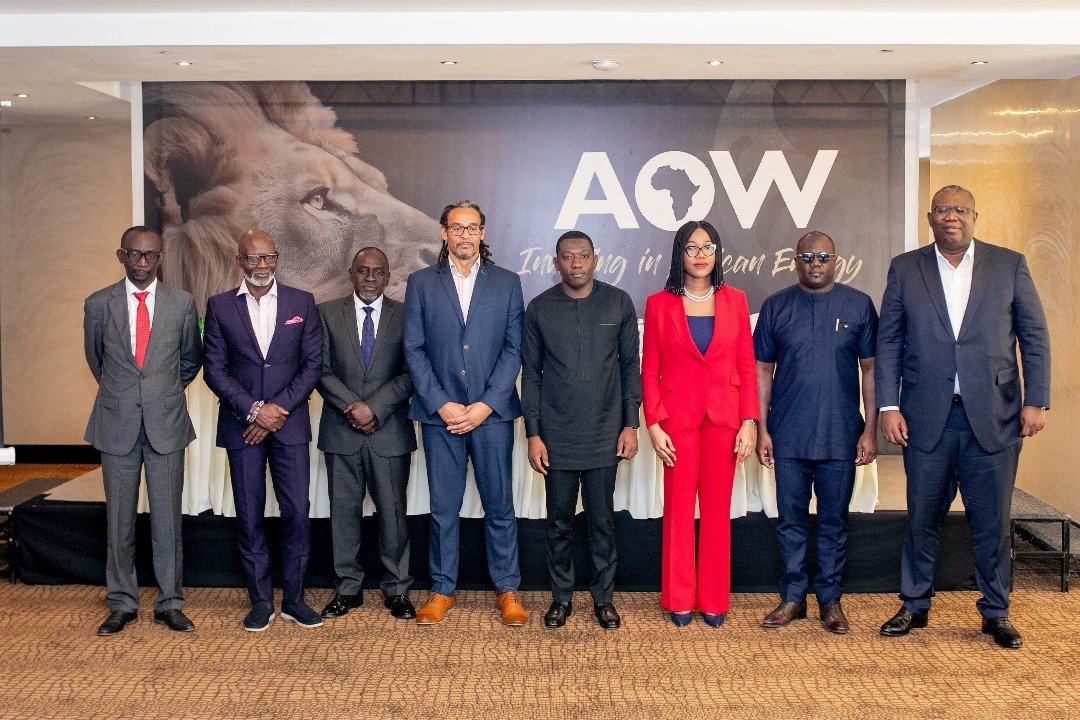
Ghana will host the 2025 Africa Oil Week (AOW) from September 15 to 18, next year. It is the first time the AOW will be held in Ghana after decades of being hosted in Cape Town, South Africa.
The announcement was made during the official press launch of the event at the Kempinski Hotel in Accra yesterday.
Welcoming
In a televised video address, President Nana Addo Dankwa Akufo-Addo expressed his enthusiasm and support for the historic decision to move Africa Oil Week (AOW) from Cape Town, South Africa, to Accra, Ghana, in 2025. The President called the relocation a monumental step in integrating the continent’s energy resources with global efforts towards energy security and development.
The President emphasized the significance of hosting AOW in Accra, noting that it coincides with Ghana’s growing role in Africa’s energy landscape. He also pointed out that Accra is home to the Secretariat of the African Continental Free Trade Area (AfCFTA), further positioning Ghana as a strategic hub for both energy and economic cooperation on the continent.
 Vision for AOW
Vision for AOW
In his address, Paul Sinclair, CEO of Sankofa Events and owner of Africa Oil Week (AOW), shared his vision for the upcoming 2025 edition of Africa Oil Week 2025. He emphasized the importance of collaboration, market-driven impact, and empowering African businesses in the energy sector.
Sinclair, whose background in media and event organization has been pivotal to his success, noted that AOW is focused on more than just discussions. “It’s not a talk shop or opinion-based event. It’s about getting capital into projects so Africa can prosper from international investments,” he said.
His goal is to bring the right investors to Africa, particularly those who can engage with governments and the private sector to drive substantial growth.
Sinclair deemed the move to bring AOW to Ghana as a personal milestone, signaling a significant shift for the event. “It’s about creating a bridge to the continent and ensuring African participation in energy projects,” Sinclair added. He stressed the importance of African local content and the need for African businesses to be at the heart of new energy developments.
 Changing dynamics
Changing dynamics
Herbert Krapa, Minister of State for Energy, emphasized the importance of Africa’s natural resources in driving economic growth, stressing that oil and gas continued to play a central role in the continent’s development.
He acknowledged the significant discoveries of hydrocarbons in regions such as West and East Africa, including countries like Senegal, Côte d’Ivoire, Mauritania, Tanzania, and Uganda. “If you picture Africa’s economy without oil and gas, you can see the trouble we’d face. The impact of oil and gas on our economies is irreplaceable,” he said. He further highlighted that African nations must continue to leverage these resources responsibly while ensuring sustainable development.
The Minister also stressed the importance of Africa’s autonomy in managing its energy resources. “The question is not whether hydrocarbons remain relevant; it is about how we ensure they continue to contribute to our economies,” Krapa noted. He called for a unified approach across the continent and urged African countries to take control of their energy resources and collaborate on exploration and production.
 Pull of E&P experts
Pull of E&P experts
Mr. Egbert Faibille, Chief Executive Officer of Petroleum Commission, acknowledged the importance of the AOW in bringing together stakeholders from the exploration and production (E&P) sectors, including major international oil companies, service providers, and investors. He noted that Ghana was no stranger to oil production, having been an active producer since the discovery of the Jubilee Field in 2007, which began producing oil in 2010.
He emphasised that while the country continued to produce oil, challenges in the sector often stemmed from complex regulatory and investment issues, particularly surrounding the development of new oil fields.
Mr. Faibille outlined the critical role of the Petroleum Commission, which, alongside the Ministry of Energy, works to attract investments into Ghana’s hydrocarbon sector. He also addressed the issue of underdeveloped oil fields, noting that while Ghana has significant oil potential, the high costs of exploration make it difficult for oil companies to take on the risks involved.
 Ghana’s role in Africa’s energy future
Ghana’s role in Africa’s energy future
The Founder and Executive Chairman of the African Prosperity Network, Gabby Asare Otchere-Darko, emphasized Ghana’s growing importance as a key player in Africa’s oil and gas sector. He pointed out the increasing involvement of African nations in the global energy market, noting that more oil-producing countries were emerging on the continent.
“Indian oil-producing countries are increasingly making their mark in Africa, from five to now eight, including Namibia, with others like Senegal set to join soon. This shift highlights the importance of Africa’s energy landscape. It is crucial that we now see the shift of oil and gas activities from Cape Town, South Africa, to Accra, Ghana,” Mr. Otchere-Darko said.
He also stressed the significance of Ghana’s role as a commercial hub for Africa, referencing comments from Wamkele Mene, Secretary-General of the African Continental Free Trade Area (AfCFTA), who had stated that Ghana was central to the continent’s economic future. “Ghana is positioning itself as the commercial heart of Africa, and the building of a single market for 1.4 billion people, with a $3.4 trillion economy, is a remarkable opportunity,” he added.
He called on the continent to focus on integrating the oil and gas sector’s value chain as part of the continent’s broader economic integration goals, especially as Ghana prepares to host the Africa Oil Week. “This is the time to strategically integrate the oil and gas sectors across Africa, and build out the entire value chain, from exploration to production to refining,” Mr. Otchere-Darko said.
 Key stakeholders during press launch of the AOW
Key stakeholders during press launch of the AOW




